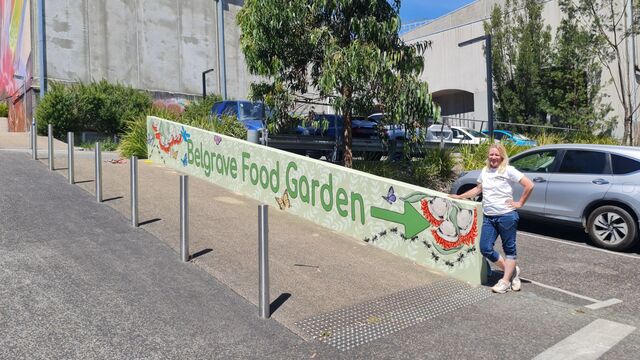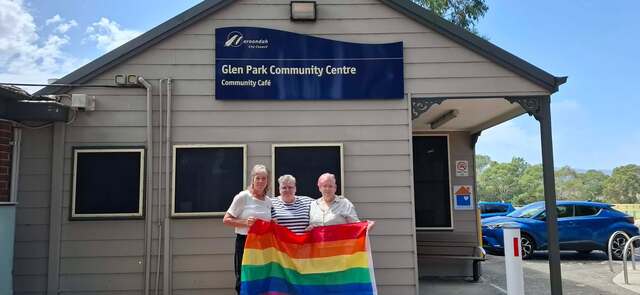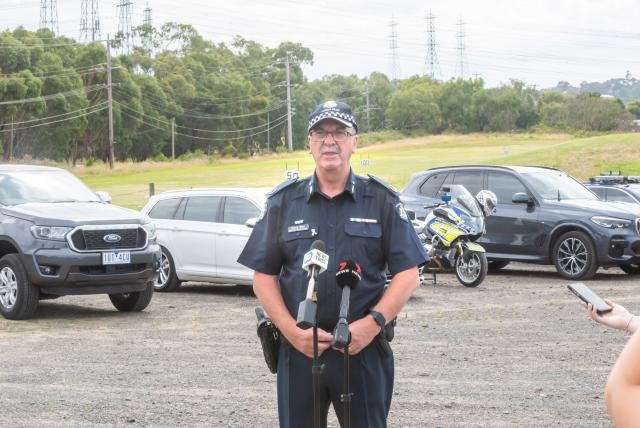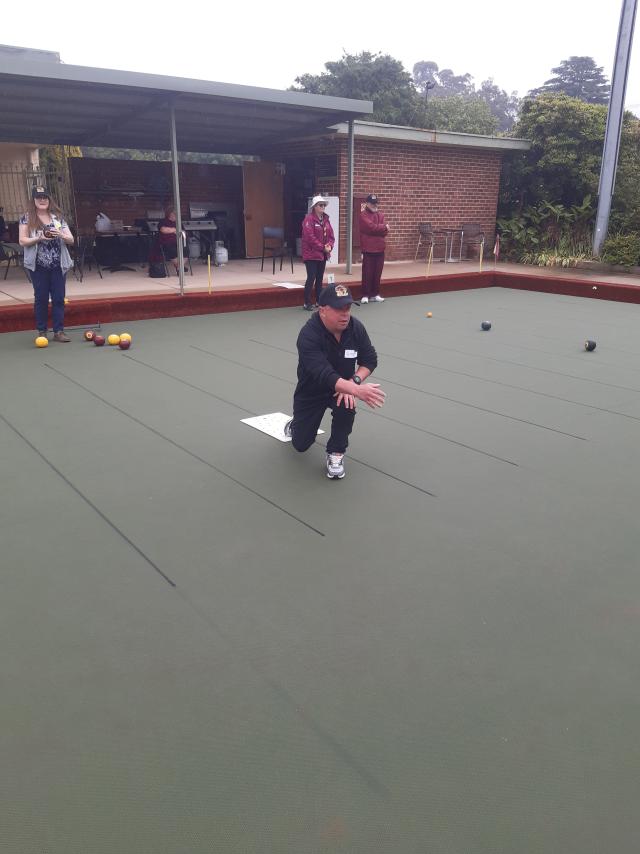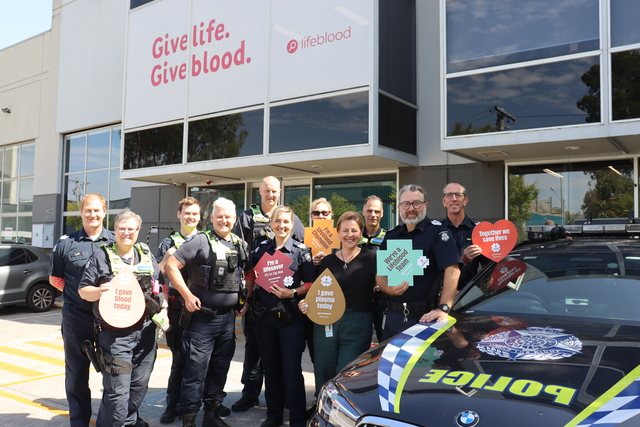Victoria’s numerous lockdowns combatted the Covid-19 pandemic, but they have sadly seen another invisible threat take hold.
Cases of domestic violence have steadily increased in the past year, with local support services being pushed to the brink, receiving thousands of calls for help in Melbourne’s south east.
Even now that lockdown has ended, support services are struggling to keep up with demand, with a huge backlog of victims still stuck in a “state of paralysis“ and in urgent need of more permanent help.
Robyn Roberts, the General Manager at family violence and housing support service WAYSS, said that they had witnessed a record number of victims reaching out for help since the pandemic had taken hold.
“We know family violence is the biggest cause of homelessness for women and children, and during the pandemic women and children have been escaping unsafe situations and coming to WAYSS in larger numbers than ever before,“ Ms Roberts said.
“Last financial year we had more than 8,500 family violence reports referred to WAYSS, a 4 per cent increase on the previous financial year.
“Even though the last lockdown has ended, there is still a large backlog of cases from lockdown to deal with.
“Our family violence refuges are full and many of our families are not moving because there is nowhere for them to move to,“ she said.
Ms Roberts said that with “very few suitable housing options“ on the market at the moment, many victims sadly remained “in a state of paralysis – stuck in a constant state of crisis, with few options to move on and start improving their lives and no end in sight“.
“There is just not enough affordable housing stock for people on low incomes, especially those who are dependent on government benefits,“ she said.
“As a result, people end up staying in short term crisis accommodation and other sub-standard living environments because there is no other option.
“This is incredibly stressful and dehumanising for people who deserve more.“
Ms Roberts said that urgent action needed to be taken to fix the current housing crisis and help those in need.
“WAYSS front line experience provides us with first hand knowledge of what needs to be done to address the current housing crisis – increased housing stock, combined with better-resourced housing access points, expansion of the tenancy support programs to low-income earners in private rental properties and targeted early intervention for young people experiencing or at risk of homelessness,“ she said.
Despite their high volume of callers and the current crisis, Ms Roberts encouraged anyone experiencing domestic violence to reach out and get help, whether it be through WAYSS, Orange Door or by contacting police in the case of emergencies.

